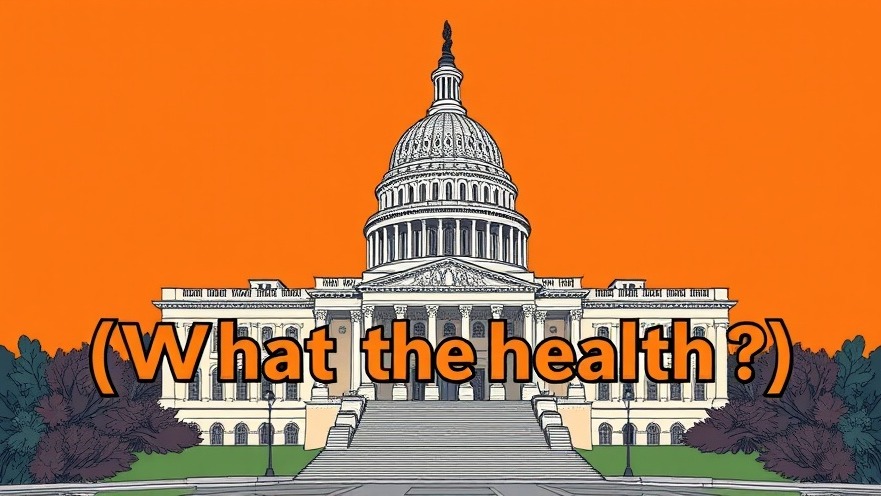
The Impact of Trump’s Big Budget Law on Health Programs
This July 4th, in an event characterized by both celebration and controversy, President Donald Trump signed a significant budget law that earmarks billions of dollars in cuts to vital health programs, particularly Medicaid. This legislation isn’t just reshaping funding; it’s redrawing the very landscape of health care accessibility in the United States. As millions of Americans navigate these changes, understanding the law's implications becomes crucial.
Who Stands to Lose From the New Legislation?
While the Trump administration frames the new budget as a necessary step towards reform, many legal immigrants are set to bear the brunt of these cuts. Previously eligible for government benefits, groups such as refugees and victims of domestic abuse will find themselves excluded from Medicaid and subsidized health insurance options—entities designed to protect the most vulnerable. Such policies have raised alarms among public health advocates, warning that disconnecting these individuals from essential health services may lead to dire public health consequences.
Understanding the Dismissals: Implications for the Workforce
Accompanying these budget changes is the unsettling prospect of job losses within the Department of Health and Human Services. Layoffs, exacerbated by a Supreme Court ruling that enhances the executive’s power to terminate federal positions, add uncertainty to the job security of numerous health employees. These layoffs could potentially destabilize existing programs, jeopardizing the delivery of public health initiatives at a time when access is already restricted due to funding cuts.
Legal Challenges on Health Recommendations
As the Trump administration moves to alter its health policies, public health groups are mounting legal challenges against proposed changes to COVID-19 vaccine guidelines. This contentious shift raises questions about the regulation and recommendation of vaccines and will likely lead to a patchwork rollout of immunizations across the country. As insurers scramble to adapt to a new federal approach, the confusion could hamper the effectiveness of current vaccination efforts, which are vital in maintaining population immunity.
What’s Next for Health Policy and Community Resilience?
As community members and policy critics reflect on these developments, it's essential to consider the resilience of local initiatives and grassroots movements. Those within the health and wellness community are taking to heart the need for advocacy even as federal policies shift generationally. By pushing for inclusive practices, communities can create safe spaces where natural health tips, stress relief strategies, and holistic wellness approaches thrive.
The Importance of Keeping Informed
This tumultuous budget law from the Trump administration reminds us of the essential nature of staying informed about health policies that affect our daily lives. It’s no longer just about national economic implications; it’s about local neighborhoods, families, and friends who could be adversely affected by decisions made far removed from their communities. For many, the upcoming months will demand advocacy and awareness.
Concluding Thoughts: A Call to Action
In a time when health program funding is under siege, it's critical for individuals to foster wellness habits that support not only their personal health but also the wellbeing of their community. By participating in local health initiatives, promoting a balanced diet plan, and fostering mental health support networks, we can contribute to a healthier society. Let us prioritize resilience, understanding, and action in forging a better future for all.
Join us at KFF Health News as we delve deeper into these pressing issues, highlighting the stories and insights that matter.
 Add Element
Add Element  Add Row
Add Row 



Write A Comment